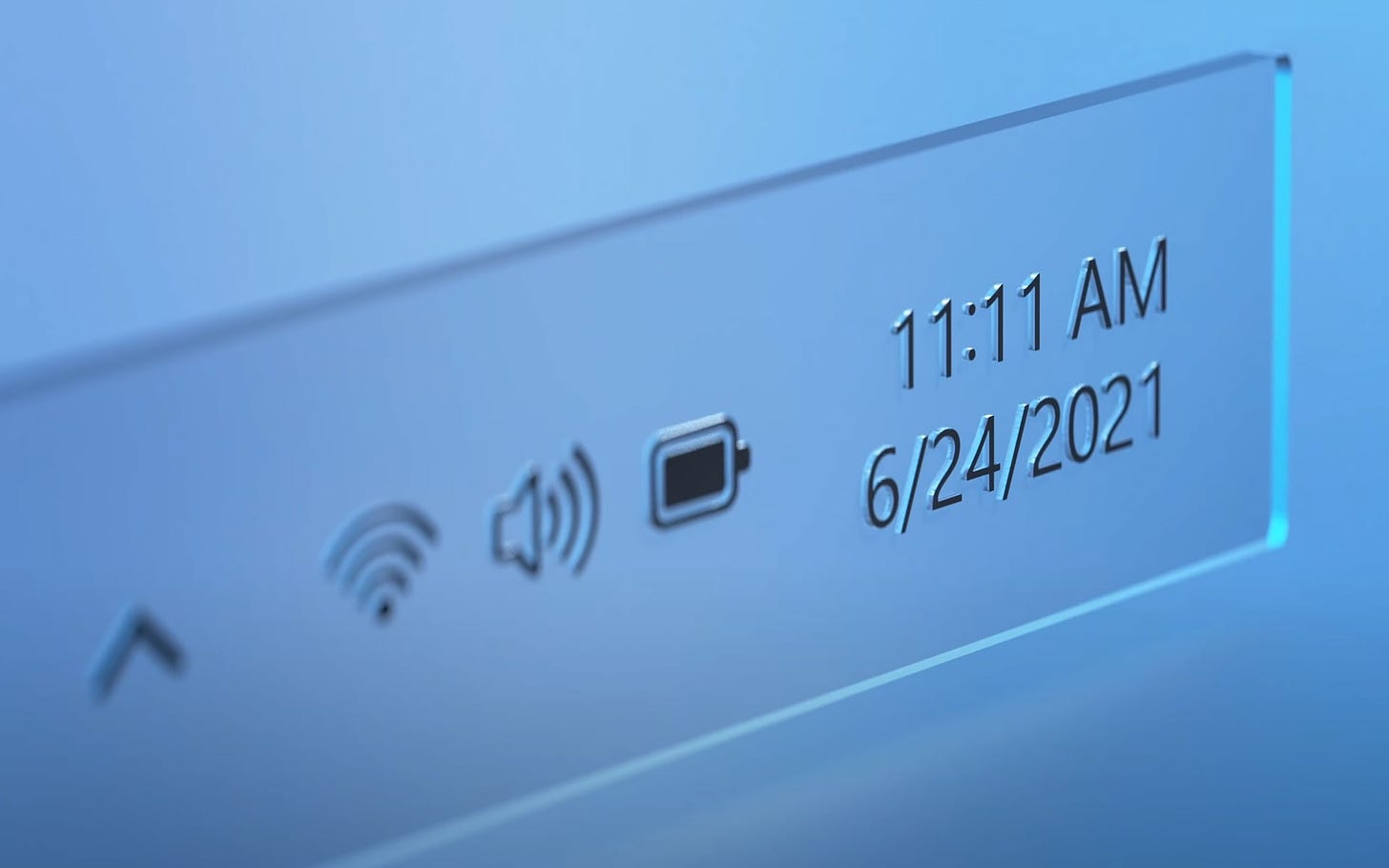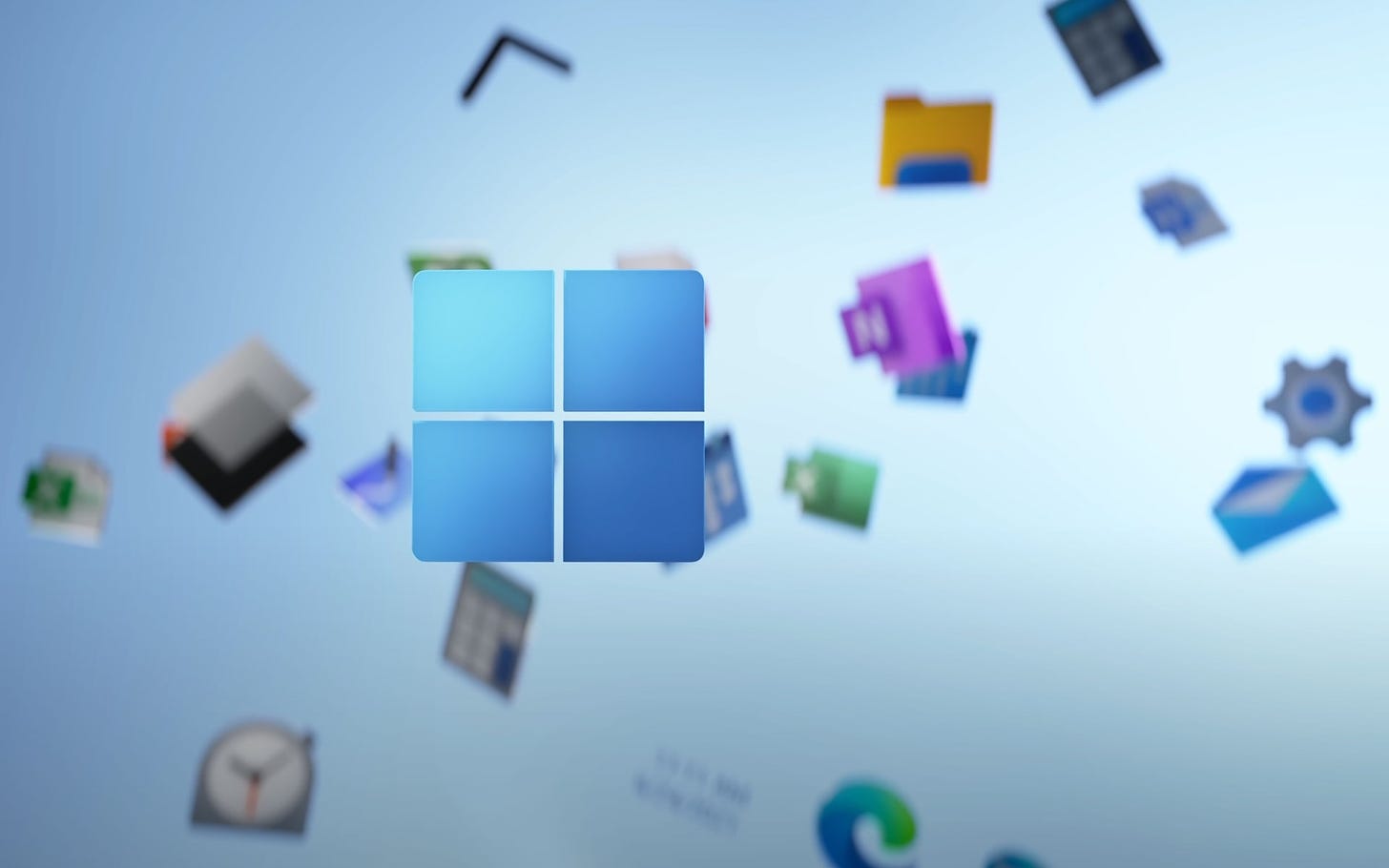Windows 11: Communication Disaster in Microsoft's Amateur Night
The Redmond giant was not well-prepared for the inevitable questions, will now have to do better

For people who have always wondered whether a software company can botch the unveiling of its latest product not during its presentation but during the days following that, Microsoft apparently provided an answer: yes, it definitely can. It seems as if every morning and afternoon between this past Thursday and today some new information about Windows 11 crops up, questions arise, they go unanswered for a bit, then we get a response of sorts -officially or through reporting or on social media - and then... new questions arise, resetting the cycle. The impression that we actually knew (or thought we knew) more about Windows 11 on Thursday morning, when Microsoft's presentation wrapped up, than now, would not be far from the truth.
So, recapping: Windows 11 will be released this year, yes. But... no, unless "released" means "preinstalled in a new PC" (Windows 10 users will have to wait until early 2022). It will be a free upgrade, yes... unless the PC to be upgraded is 4-5 years old, in which case Windows 11 will be blocked and its cost will actually be that of (you guessed it) a new PC. Those all-important system requirements include processors that are 8th-gen Intel CoreXX or 2nd-gen AMD Ryzen... but wait, maybe sixth-gen CoreXX or first-gen Ryzen will work too (stay tuned and they'll let you know). Is your PC relatively new and you want to make sure that it's eligible for the Windows 11 upgrade? Yes, Microsoft offers a checker utility for that... but wait, the company has now made it unavailable because it did not provide enough information and needs to be updated later in the year.
Sigh.

One would have thought that a software powerhouse like Microsoft would lean on its considerable experience in order to effectively control the narrative around Windows 11. What we got instead was amateur night: a company that was either not aware of how controversial some of its choices regarding this new operating system are, or perfectly aware but not nearly prepared enough for the inevitable questions. This wouldn't work either way. If there was anyone at Redmond thinking that, by playing its cards close to its chest regarding vital Windows 11 information, the company would make any inquiries just magically go away, well, he or she was terribly wrong. Obviously.
During the last few days, furthermore, not only did Microsoft fail in being clear and transparent about its intentions - we had to find out after asking the specific questions it hoped we wouldn't - but it also lost an important opportunity: to make its case, boldly and honestly, about the system requirements that will practically leave hundreds of millions of Windows 10 PCs with no upgrade path. The Redmond giant could have been upfront about the whole thing from the very beginning: "Look, people, system security is now more important than ever. If we are to face future threats effectively, we need these technologies present in motherboards and processors. We need to have a more capable hardware layer. Can't be helped". Would there still be a backlash? Of course. But it would be a company's decision based on facts, so people would eventually accept it as such.

Instead of that, reporters had to dig around in Microsoft's website for the system requirements, then have the company talk about a "soft floor" and a "hard floor" regarding those (so no specs "set in stone" after all) and then have the company admit that it will not offer the Windows 11 upgrade even to those eligible to get it until early 2022. The retraction of the checker utility and Microsoft's failure to explain in a clear fashion the security concerns driving those prerequisites sealed the deal: there is now no way to spin the "Windows 11 launch in 2021" as anything else than a marketing push for new PC sales in the fourth quarter of the year.
Thing is, consumers do not like being pushed around. Many of those were planning on getting a new computer at the end of the year and, well, good for them: they will get to play with Windows 11 early as a bonus. But most people will certainly not buy a new PC just to see what the fuss is all about regarding this new Windows version - especially during a period that computer hardware is going through a rough time globally. What they may do, is feel annoyed that the operating system they'll be reading about for weeks on end is out of their reach despite the fact that their current computer is perfectly capable of running it. And that is definitely not the best way to introduce Windows 11 to hundreds of millions of people, Microsoft. Far from it.


